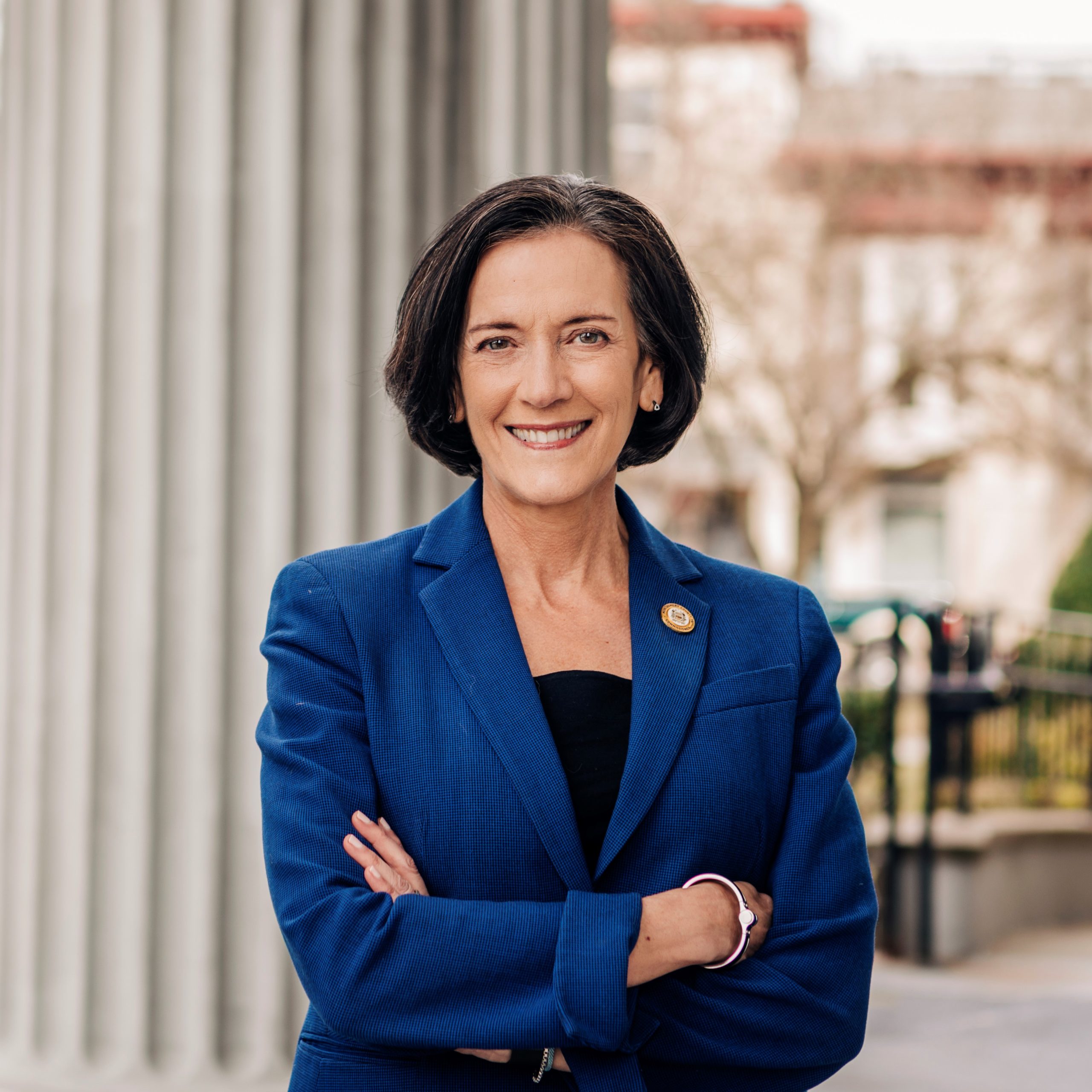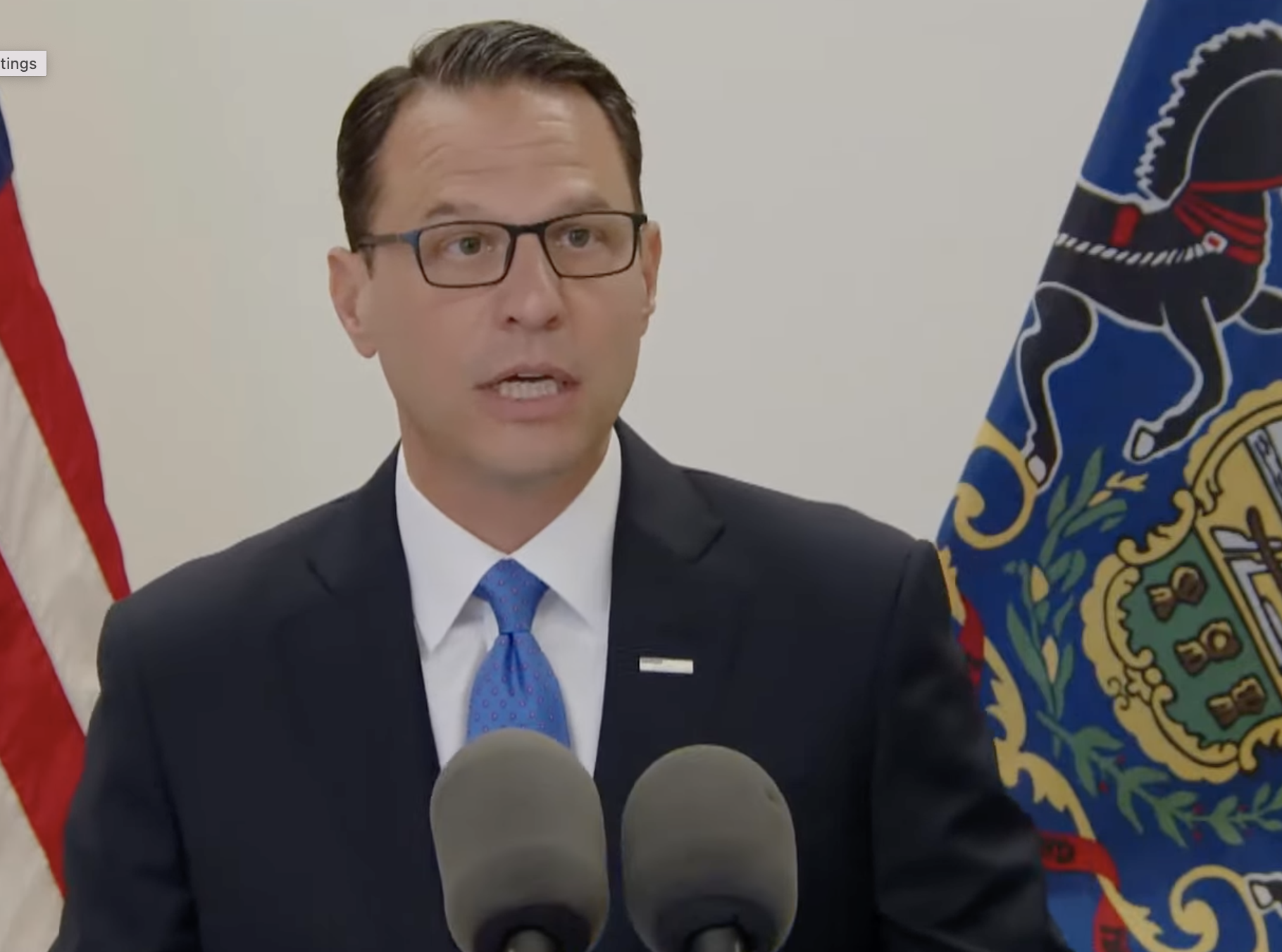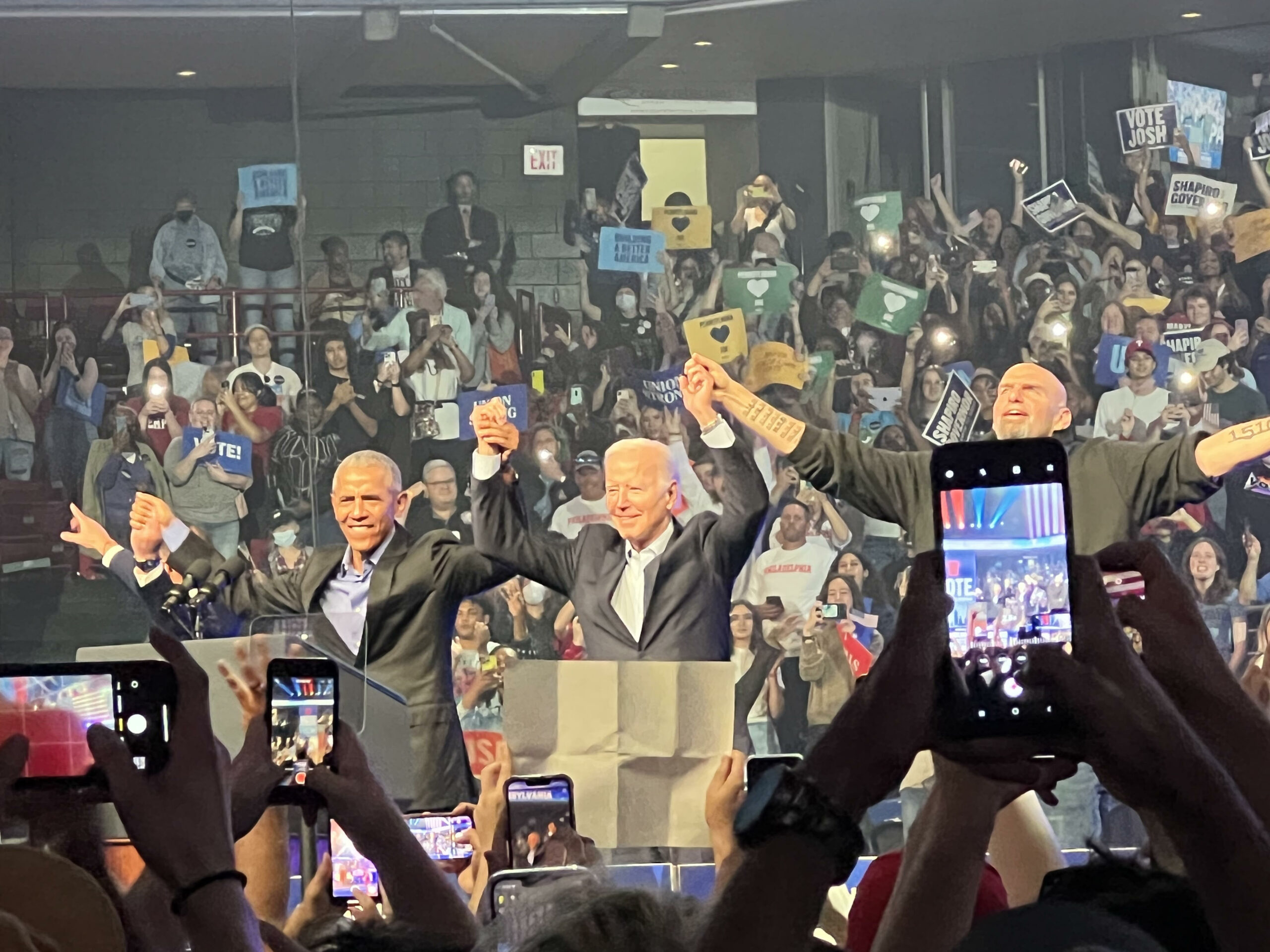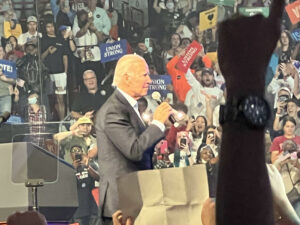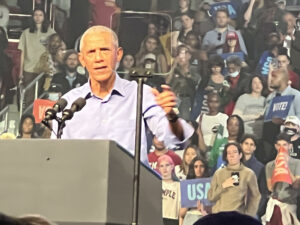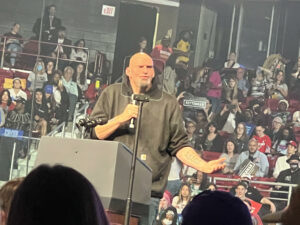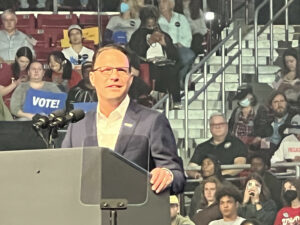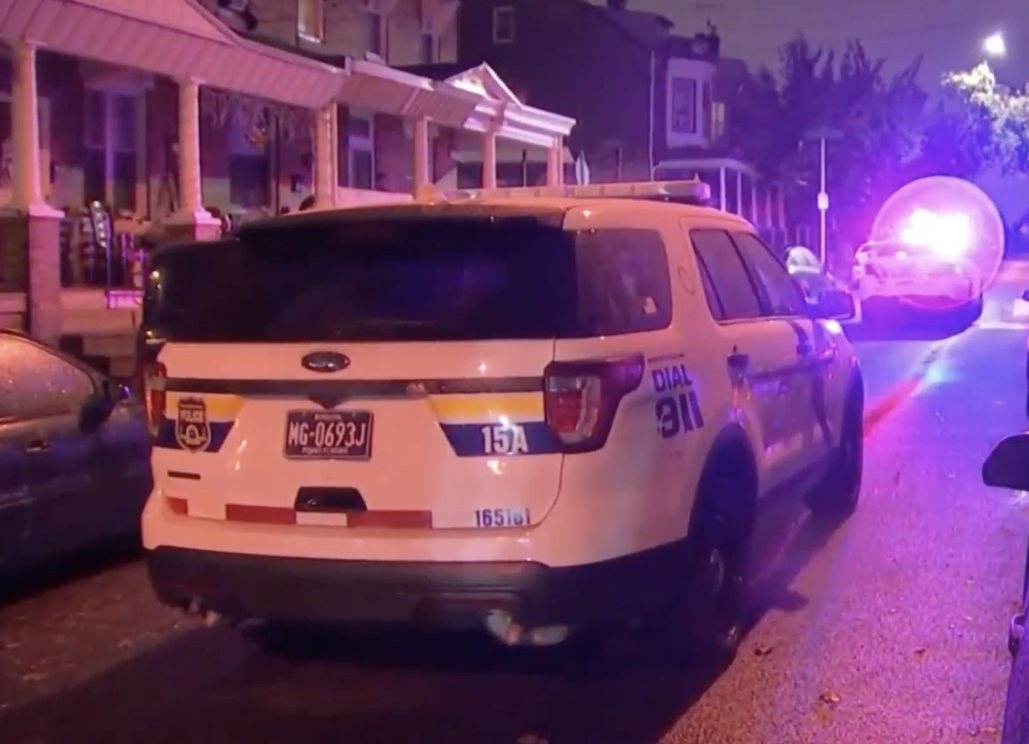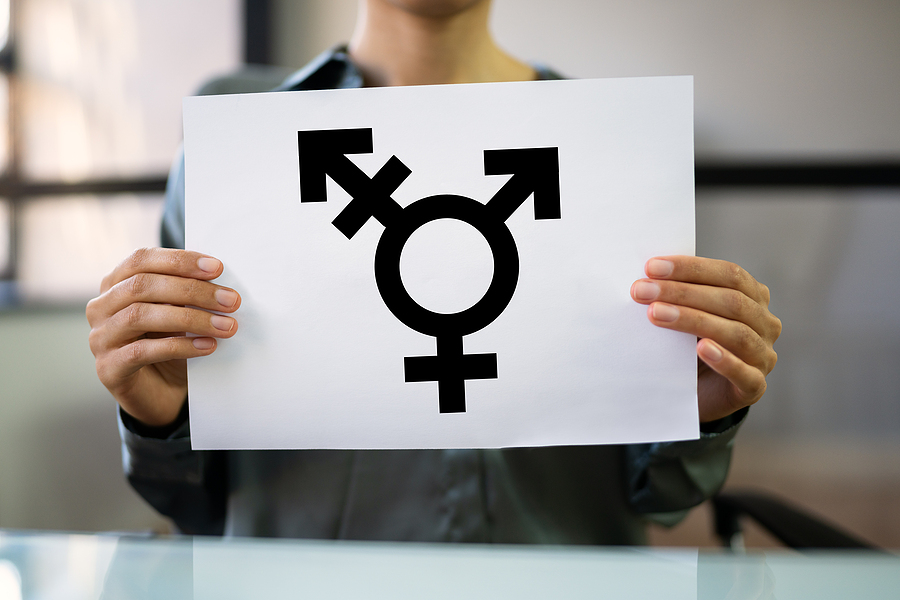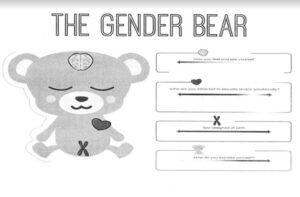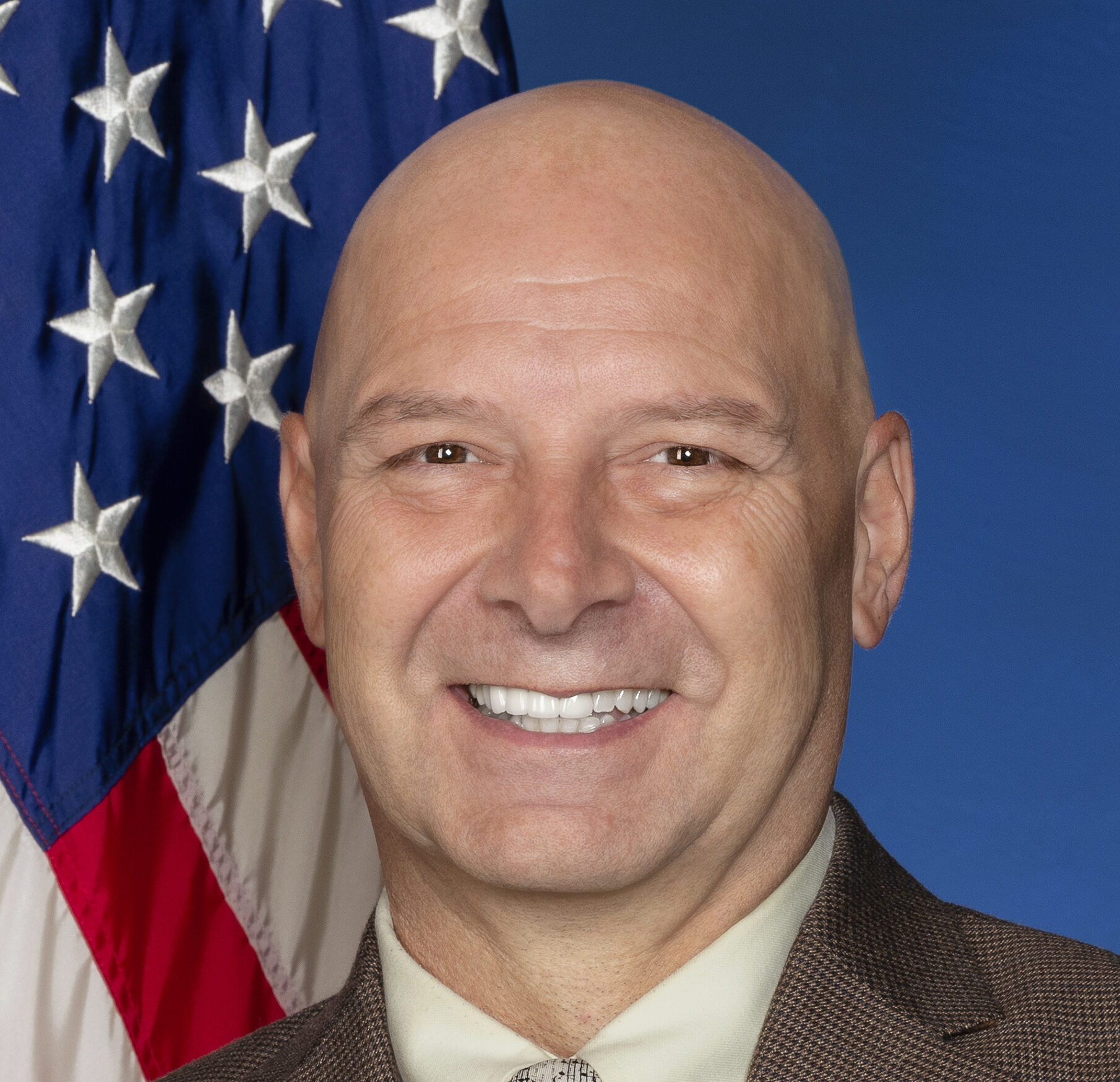Ridership Sags, Costs Soar, but Shapiro Still Wants More Money for SEPTA
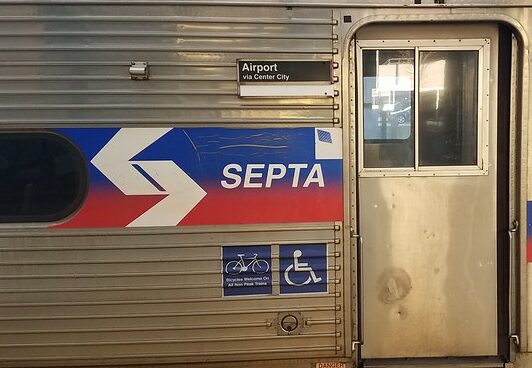
Despite exploding costs and plunging ridership, the Southeastern Pennsylvania Transportation Authority (SEPTA) appears in line for another infusion of nearly $300 million in taxpayer cash.
Earlier this week, Democratic Gov. Josh Shapiro vowed to increase public transportation funding by $282.8 million.
“Ever since I was a state representative and county commissioner in Montgomery County, I have supported SEPTA and the critical services it offers to hundreds of thousands of Pennsylvanians every day,” the governor said. “SEPTA has presented plans to address safety and cleanliness throughout their system, and county officials have entertained a willingness to step up to the plate and increase their support. As a result, my administration is prepared to make a major investment in SEPTA.”
It’s yet to be determined how much local funding, if any, Delaware Valley governments will kick in.
SEPTA CEO and General Manager Leslie S. Richards praised Shapiro’s decision. She said it would help SEPTA “address our more pressing needs and…continue [to serve] our communities.” Richards previously said SEPTA might cut services by 20 percent and raise fares by 30 percent. That would raise a Quick Trip Ticket from $2.50 to $3.25 and SEPTA Key and contactless payments from $2 to $2.60.
SEPTA funding and budget issues became a major focus for Democratic politicians after the transit agency revealed that it faced a looming fiscal cliff. It burned through $1.8 billion in federal COVID money between Fiscal Years 2020 and 2023 while generating just $1.18 billion in revenue.
That’s not counting the $2 billion in annual funding from Pennsylvania taxpayers, something independent auditors said was “the largest single source of subsidy revenue.”
An additional $295 million in taxpayer funding was not included in last year’s state budget.
And still ridership numbers continue to fall short of pre-COVID levels. In October 2023, average ridership was just 67 percent of the October 2019 number. On Regional Rail, ridership was just 56 percent of the pre-COVID average.
SEPTA’s cash crunch caused Democratic U.S. Reps. Madelaine Dean, Chrissy Houlahan, and Mary Gay Scanlon to send a letter to Transportation Secretary Pete Buttigieg last month asking for a bailout from federal taxpayers. Democratic Sens. Bob Casey Jr. and John Fetterman signed the letter, as did Rep. Dwight Evans (D-Philadelphia). “Without strong, sustained federal support, Pennsylvanians risk losing transit access entirely,” the lawmakers wrote. “As the Department of Transportation continues its critical work, we urge you to prioritize SEPTA and Pennsylvania’s transit systems.”
Now, there’s a chance that SEPTA may get a partial state bailout, if not a federal one.
That’s music to the ears of Democrats representing Delaware Valley in Harrisburg.
“From the ‘burbs to the city, SEPTA connects us to jobs, doctors’ appointments, recreation, shopping, and so much more,” state Sen. Maria Collett (D-Montgomery) posted on social media after learning of the federal lawmakers’ letter. She expressed gratitude for their “fighting for more federal dollars to keep this critical system afloat.”
State Rep. Morgan Cephas (D-Philadelphia) hoped Shapiro would go further. She said SEPTA needed even more cash to make sure more seniors and workers take mass transportation. “SEPTA alone moves over half a million people every day to their jobs, families, school, medical appointments, and more…”
The reasons for the declining ridership vary. Numerous complaints from riders to the Better Business Bureau focus on late buses or trains. Others complained that drivers focused more on beating red lights instead of serving customers.
Crime remains a big problem for SEPTA as well. Statistics show the number of disorderly conduct and public urination and defecation cases since 2019 have increased far higher than ridership, from 213 to more than 1,300 in 2022.
Robberies jumped from 118 in 2019 to 217 in 2021, while aggravated assaults almost doubled from 46 to 86 in the same period.
That meant significant increases in SEPTA expenses. Federal Department of Transportation (DOT) statistics show SEPTA spent $1.44 per passenger miles traveled on commuter rail in 2022 compared to 49 cents per passenger mile in 2013. For bus passengers, it was $2.66 in 2022 versus $1.09 in 2013. Streetcar rail was $2.87 in 2022 and only .94 cents in 2013.
Pennsylvania Senate Majority Leader Joe Pittman (R-41) said SEPTA gets enough money.
“Supporting SEPTA’s request for increased state subsidy is a challenging argument to make, especially in light of Philadelphia District Attorney (Larry) Krasner’s inability to maintain law and order throughout America’s sixth largest city,” he said. “No amount of increased subsidy can restore customer confidence in making use of the network given the raging crime crisis Krasner perpetuates.”
The Commonwealth Foundation said the state government needs to take a new look at how it funds mass transit.
“Several years ago, state mass transit funding was moved offline into a special fund, taking a portion of sales tax revenue and Turnpike tolls to fund transit systems,” said Nathan Benefield, the Commonwealth Foundation’s senior vice president. “Unlike the General Fund, lawmakers don’t vote on this spending every single year.
“Should lawmakers examine how much state funding goes into those programs? We think they should.”
On Feb. 6, Josh Shapiro will hold his annual budget address.




